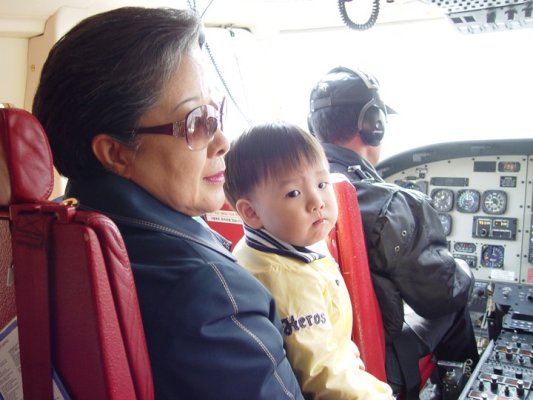![]()
The Words of the Cooper Family
|
|
The Words of the Cooper Family |

The "2020 Project" is being launched, and one of the hopeful signs that come through, when one skims through the 42-slide Power Point from Dr. Chang Shik Yang, international executive vice-president of Family Federation for World Peace and Unification (FFWPU), is the emphasis on the family and local foundation. The phrases "tribal messiah" and "home church" are frequent, and imply that the strategy is to develop as a grass roots movement.
Tim Miller, our FFWPU European Vice President offered a simple and understandable definition in a small-group discussion of what is a tribal messiah at our recent UK church leaders' meeting on March 9, 2013.
The term, "tribal messiah" was summarized in a tweet as: "someone who, through connection to God and True Parents, has received something that they want to give to others."
Dr. Yang's Power Point says that these people (the active faith-filled membership) will "take the lead." This sounds quite revolutionary.
But it will still take time for culture to shift and change.
When I read the recent FFWPU international office memo about Project 2020, there seemed to be the usual language in which a million assumptions are made, and that rather than devolving leadership and power to the local level, there is still a very much "top – down" strategy in place.
If this works then, that will be great, but my fear is that we have seen it doesn't work, and is in part unprincipled.
Sentences like the following one don't translate well internationally:
"All mission nations should unite with the selected strategic nations and Cheon Il Guk Special Envoys, and take action with life-or-death resolution while fully committing themselves to bring rebirth, resurrection and eternal life to the people of each nation with Jeong Seong."
For this strategy to gain credibility, the first step will be to explain the process and thinking behind the choosing of different nations as being more strategic than others.
I just want at this point to start writing up the questions that are running around in the back of people's heads when they hear all this:
On what basis are the 23 countries chosen? For us to get on board this information should be out there in the domain of the membership, who are going to "take the lead." For example was there a bidding process like with the Olympics?
And, when one looks at the larger group of what are called "providential" nations and "strategic" ones, how should we discern the difference between providential and strategic?
Is this just loaded Unification Church (Unification Church) terminology?
If a country is strategic and in the top 23, does it get an extra resource package to help it get to the finishing line in the next seven years?
In Europe we only have one strategic nation in the list: Albania. It is a country where many young members are joining, and there are some of the positive aspects of culture that existed in our Western European movement back in the 1970s. But, never the less, it is also a mission country wherein almost as many people have left the movement as have joined. One of my congregation members has just been over there for seven weeks evangelizing, so I have a bit of a picture.
There are, I hope, criteria other than simply membership numbers brought into play. But we do seem to pick often the most unstable countries from a political stand point, and I wonder if that really is something that makes the Kingdom of Heaven on Earth goal easier or possibly much harder to achieve.
Then we hear also about envoys being appointed. It is good to see they have a job description. But, do we know what their CV's [resume] are, and what their track record is? They are being sent to advise and act as consultants. But based on what expertise and training will they be carrying out this new role? Or are we just changing the name on the tin rather than changing what's on the inside?
You get the idea. The questions could roll on and on, and could perhaps be summarized in asking ourselves "How intentional are we being when we plan in our movement, and what project-management skills are people being trained in so that we are not, as Dr. Yang mentioned in his Power Point, remaining in the era of putting on big rallies and getting known for being "lastminute.com."
I guess the question we really want to get answered is, "How will we all make a different outcome in terms of the success rate with previous seven-year courses? From 1945 – 52 Father wanted to complete his mission but main players failed to play their part. How do we restore that failure by not repeating various mistakes? Perhaps we should do some research before we launch into sending out envoys, and making some nations more special than others. Would it not be better to look at the strengths of different nations and continents and look at best practices and best cultures?
We have people of faith in our movement, but we should still -- when communicating from the international level down to the national- and local level -- be presenting a plan that can foster belief, rather than simply aim to test it.